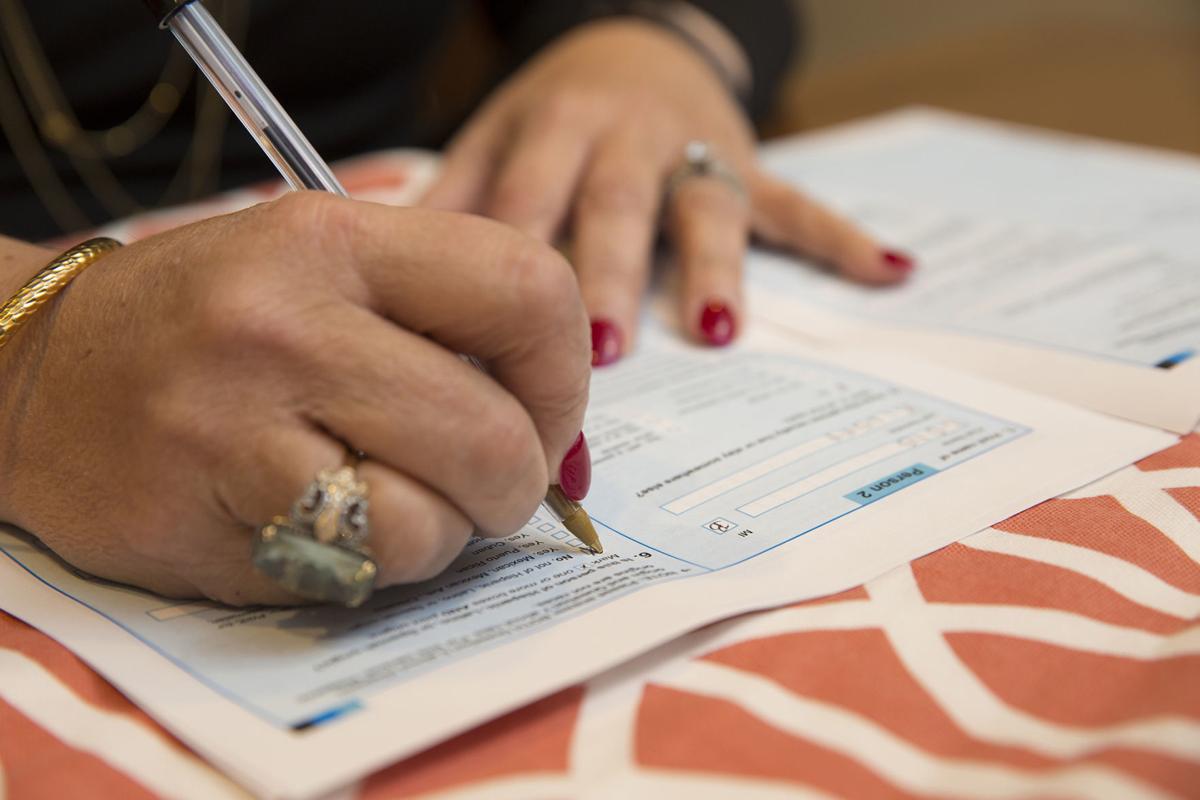PHOENIX — Gov. Doug Ducey is siding with the Trump administration in its bid to add a citizenship question to the 2020 Census despite concerns by some that it will cause an undercount that could cost the state millions — and maybe a congressional seat.
“I want to see everyone counted,” the governor said Monday on the heels of issuing an executive order to educate Arizonans about why the decennial exercise is important. And Ducey’s order said each person counted translates into $887 annually in federal dollars.
But Ducey said he sides with Trump, who wants the Census Bureau to add back the question that hasn’t been asked in decades, rather than the 18 states, 10 cities and four counties that have sued amid concerns that the query will result in some households with residents who are not citizens choosing not to answer. And in Arizona there are an estimated 275,000 undocumented residents.
Ducey told Capitol Media Services he does not see a problem.
“There’s a number of different questions the federal government chooses to ask,” the governor said.
“I think they get a handle of who’s here, who’s a citizen and who’s not is a fair question.”
Ducey’s position comes despite a ruling by a federal judge in January who struck down the plan by the Census Bureau to add the question. Judge Jesse Furman said Commerce Secretary Wilbur Ross exceeded his legal authority when he made the decision.
Of note is that Furman said the question would result in an undercount of immigrants that would pretty much guarantee that California would lose a congressional seat.
But the judge also said Arizona — along with Texas, Florida, New York and Illinois — would face “a substantial risk of losing a seat.” And Arizona, which currently has nine seats in the House, was hoping for at least a 10th after the count.
The U.S. Supreme Court has agreed to review Furman’s ruling, with a ruling in June to give the Census Bureau the time to figure out which version of the questionnaire to print.
Central to the legal — and political — fight is a constitutional mandate which requires an “actual enumeration” of residents once a decade.
That most immediately governs which states gain and which states lose as representation in the 435-member House of Representatives is determined. That number also governs how many Electoral College votes each state gets.
Then there’s the division of federal dollars for schools, roads and other services.
In issuing the executive order Monday, Ducey said he wants an accurate count to ensure Arizona gets its fair share. He figures that a 1 percent undercount — about 70,000 given the current population — would deny the state $62 million a year, not just starting in 2021 but for the entire decade.
So Ducey formed a 19-member panel “to ensure widespread public awareness” of the importance of the decennial count. And that include developing “targeted plans” aimed at groups that have historically been undercounted in the past.
In adding the question, the Ross argued that the request came from the Justice Department that wants the information to help enforce the Voting Rights Act.
Furman, in his 277-page ruling, said he wasn’t buying that, saying Ross and aides sought the question for other reason and then “acted like people with something to hide.”
Trump, who has made issues related to illegal immigration a cornerstone of his administration, lashed out again Monday at those trying to omit the question.
“Can you believe that the Radical Left Democrats want to do our new and very important Census Report without the all important Citizenship Question,” the president said in a Twitter post. He said without that question the report “would be meaningless and a waste of the $Billions (ridiculous) that it costs to put together!”
The question was last asked in the 1950 census. But it is part of the American Community Survey, an annual sample conducted by the Census Bureau.





